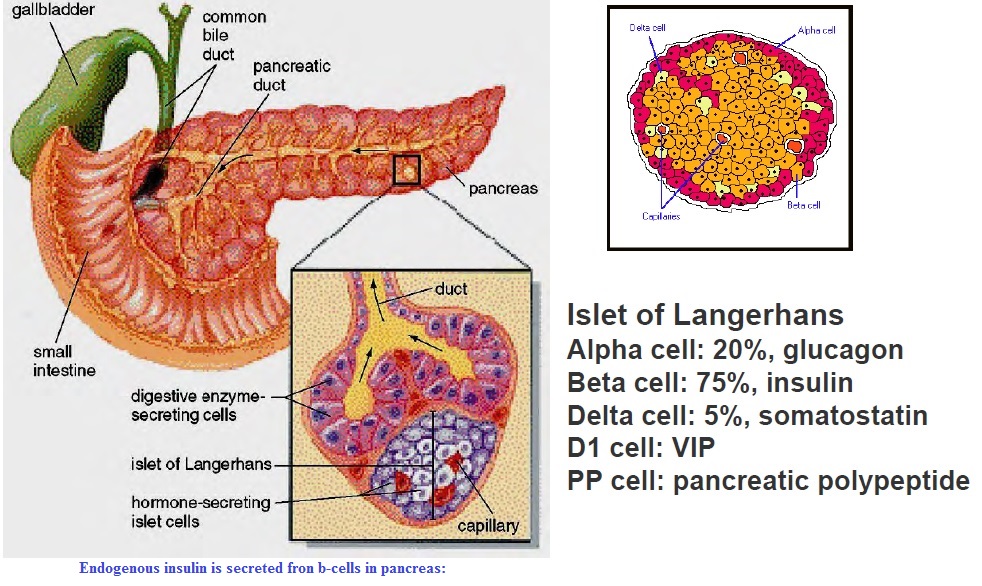The pancreas produces insulin

The Pancreas Produces Insulin

The pancreas, a small organ located deep within the abdomen, plays a crucial role in maintaining the body’s blood sugar levels. One of its most essential functions is the production of insulin, a hormone vital for the regulation of glucose in the bloodstream.
Insulin, manufactured by the beta cells within the pancreas, assists in the conversion of glucose (sugar) from the food we consume into energy. After we eat, the carbohydrates in our meals are broken down into glucose and absorbed into the bloodstream. The pancreas detects the increase in blood sugar levels and releases insulin accordingly.

The pancreas’s ability to produce insulin is driven by the intricate interplay of various cells and hormones. When insulin is released, it binds to insulin receptors on cells throughout the body, allowing glucose to enter these cells and be utilized for energy production. This process prevents excess glucose from lingering in the bloodstream, maintaining blood sugar levels within a healthy range.
Insulin also plays a crucial role in storing excess glucose for later use. When blood sugar levels are too high, insulin triggers the storage of glucose as glycogen in the liver and muscles. This stored glycogen can be converted back into glucose when energy demands increase, ensuring a steady supply of fuel when needed.
In addition to its role in glucose regulation, insulin impacts various aspects of our metabolism. It influences the breakdown of fats, the synthesis of proteins, and helps regulate amino acid absorption. Insulin also promotes the storage of fat in adipose tissue, which helps to maintain healthy body weight.
Without adequate insulin production or proper functioning of insulin receptors, the body’s glucose regulation mechanisms are disrupted, leading to a condition known as diabetes. In type 1 diabetes, the body’s immune system attacks and destroys the beta cells in the pancreas, resulting in little to no insulin production. Type 2 diabetes, on the other hand, occurs when the body’s cells become less responsive to insulin, causing blood sugar levels to rise.
In conclusion, the pancreas plays a vital role in the production of insulin, a hormone crucial for maintaining healthy blood sugar levels. Insulin enables the body’s cells to absorb glucose from the bloodstream and use it for energy production. It also helps in storing excess glucose for future use and influences other metabolic processes. Understanding the importance of the pancreas in insulin production helps us appreciate the complex mechanisms involved in regulating our body’s sugar levels.
Sources:
Share
Related Posts
Quick Links
Legal Stuff

